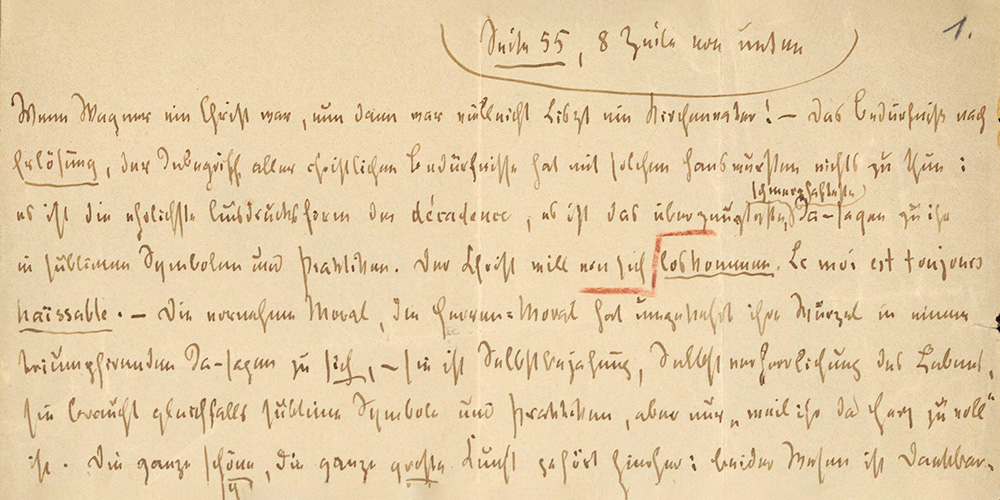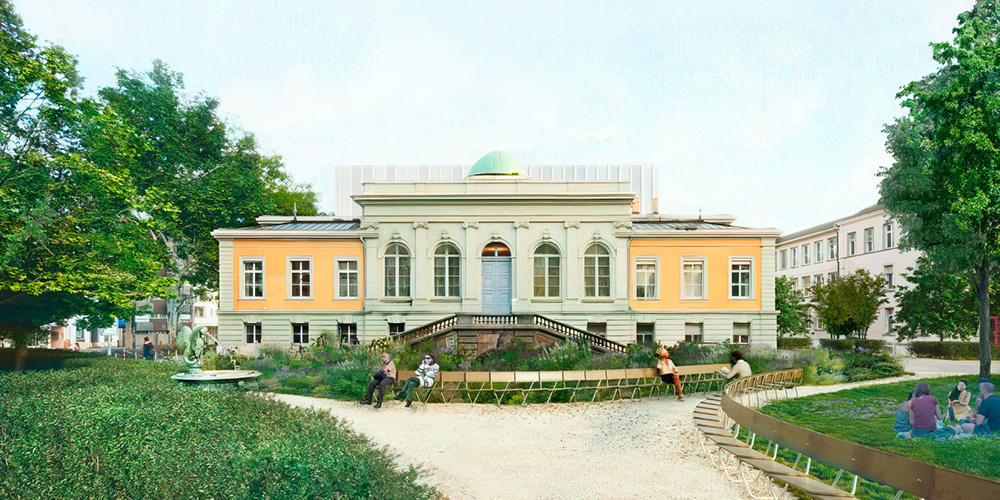Consultants for EU Funding: What to consider?
Who would not want to make a real difference with their work and actively contribute to shaping the future? Whether it is climate change, inequality, safer handling of personal data or better health for all - with its research and innovation program, the EU invites researchers to work on solutions. The draft work programmes for the first two years of the six clusters of Horizon Europe are available on the intranet of the University of Basel (accessible with your university login and VPN, if you are outside the university network). The six clusters are:
- Health
- Culture, Creativity, and Inclusive Society
- Civil security for society
- Digital, Industry and Space
- Climate, Energy and Mobility
- Food, Bioeconomy, Natural Resources, Agriculture and Environment
Although the Research and Innovation Actions (RIA’s) usually require a relatively low Technology Readiness Level (below 6), most topics go beyond basic research and require the feasibility of a new or improved technology, product, process, service or solution to be explored. The impact of the project is an important evaluation criteria. This is where support from a consultant can be useful.
Prof. Paul Burger from the Social Sciences Department of the University of Basel has already worked on several successful EU proposals and is currently waiting for the results from the Green Deal Call, in which he also participated. Consulting companies were involved in several of these applications, and he summarizes his experience as follows:
“In collaborative EU projects (RIA, ITN) it is never just about academic excellence, but the application also needs to fit with the respective call and EU policy objectives. This is often the most difficult part of the application and takes up a lot of space. In recent years, consultant firms have developed to support this part of the applications, but also to provide support in organizing the consortia, which initially existed only loosely. In three of the four EU project proposals in which I have been involved in the last four years, the preparation of the proposal was supported by such organizations. This is by no means free, but it is worthwhile. Of course, the academic side has to be in the hands of the researchers, but for the quite extensive rest (including an adequate structuring of the academic ideas!) the support of such companies is more than helpful. Last but not least, these companies also have good contact bases to complement a consortium in such a way that it meets the various EU criteria.”
What services do consultant firms offer?
Services of EU funding consultants typically include:
- Pre-evaluation of project idea
- Call analysis
- Consortium building, partner search and management
- Drafting of applications
- Proof-reading
- Project implementation, management and reporting
How to find a reputable, reliable consultant?
Consultant companies, specialized in EU funding, exist throughout Europe, including Switzerland. Many of these companies have a lot of experience and can indeed increase the chances of success. However, be cautious of companies with aggressive sales tactics and unrealistic promises! If you are interested in coordinating an EU collaborative project, please contact the Grants Office at an early stage. We will inform you about the services we can offer ourselves and can provide contact details of consultants recommended by the Euresearch network based on experiences in other projects. Together with Unitectra, we can also help with negotiating terms and preparation of a contract.
What is their business model and who bears the costs?
EU funding consultants have different business models. Some ask for a fixed amount plus a success fee which is only due after a positive evaluation, others offer fees at an hourly or daily rate. Costs are usually shared among the partners of the consortium. Project coordinators from the University of Basel can apply to the Research Fund for financial support with proposal preparation.


